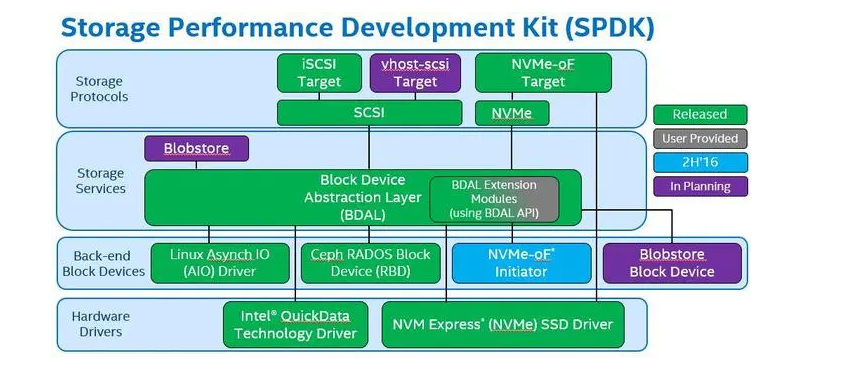Investors in emerging markets can find various opportunities, but they also face specific risks due to political, economic, and market factors. Here’s a closer look at some of these opportunities and risks:
Economic Growth: Emerging markets often experience faster economic growth rates compared to developed economies. This growth can create investment opportunities across sectors such as manufacturing, technology, consumer goods, infrastructure development, and financial services.
Market Expansion: Emerging markets may offer untapped or underpenetrated markets with growing middle-class populations and increasing consumer demand. This presents opportunities for companies to introduce products or services that cater to the needs of these new consumers.
Demographic Advantage: Many emerging markets have young and expanding populations with a rising middle class. This demographic dividend can fuel domestic consumption, drive economic growth, and provide investment opportunities in areas like retail, healthcare, education, and entertainment.
Natural Resources: Some emerging markets are rich in natural resources such as oil, gas, minerals, and agricultural commodities. Investments in resource extraction industries can be profitable if managed efficiently and sustainably.
Infrastructure Development: Emerging markets often require significant infrastructure improvements to support their growing economies. Investments in transportation networks, power plants, telecommunications systems, and urban development projects can yield attractive returns.
Political Stability: Stable political environments are essential for long-term investments in emerging markets. Countries with transparent governance structures and consistent policies tend to attract more foreign investment.
Regulatory Reforms: Governments in emerging markets sometimes implement reforms to attract foreign direct investment (FDI) by simplifying business regulations or offering incentives to investors.
Despite these opportunities, investors must also consider certain risks:
Political Instability: Political risks are prevalent in many emerging markets due to factors such as changes in government policies or leadership transitions. These uncertainties can impact investor confidence and disrupt business operations.
Currency Volatility: Exchange rate fluctuations can affect the value of investments in emerging markets. Sudden currency devaluations can erode returns or increase the cost of repatriating profits.
Legal and Regulatory Risks: Emerging markets may have less-developed legal systems, inconsistent enforcement of regulations, or corruption issues. Understanding the local legal framework and compliance requirements is crucial to mitigate these risks.
Market Liquidity: Some emerging markets have limited liquidity, making it challenging to buy or sell assets quickly without impacting prices.
Financial and Economic Risks: Emerging markets can be vulnerable to economic shocks, financial crises, inflationary pressures, or debt sustainability issues. These factors can impact investment performance and stability.
Operational Challenges: Cultural differences, infrastructure limitations, bureaucratic hurdles, and logistical challenges can pose operational risks for companies operating in emerging markets.
Information Asymmetry: Obtaining reliable and timely information about companies and market conditions in some emerging markets can be more challenging compared to developed economies. Limited transparency increases the risk of misinterpretation or incomplete assessment of investment opportunities.
Investors interested in emerging markets should conduct thorough due diligence, diversify their portfolios across different countries and sectors, stay informed about local developments, work with reputable partners/advisors, and assess risk-reward trade-offs carefully before making investment decisions.
内容由零声教学AI助手提供,问题来源于学员提问





















